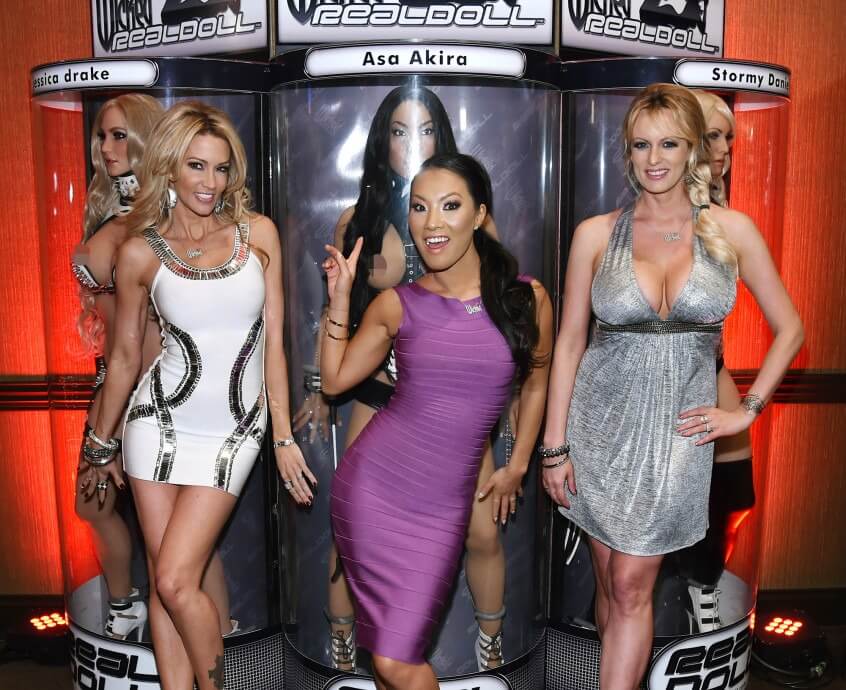Robots against loneliness in LGBT
Robots will take care of senior LGBT+
With all the equality in the 21st century, there are still a lot of social questions on the day. One of them is how to make elder LGBT+ people feel less lonely. Imagine if younger LGBT has a certain amount of a hard time being themselves (depends on the country, in some places, it’s a shitload of a hard time).
Statistics show that about 0.1% of all LGBT+ relationships are made up of coupled over-65s; a bit of a poor figure by any standard, especially considering that about 11% of the general population identify as LGBT+. Older adults tend to experience higher rates of loneliness in comparison to the general senior population – to make things worse, it’s estimated that in the vicinity of 80% of LGBT+ Seniors end up reversing into their old “straight” lifestyle upon entering an elderly living community.
The fact is that if you’re an LGBT person, chances are that when you get old, you’ll be lonely af. But some guys from Charles Sturt University in Australia are trying to make things better. And they’ve chosen a rather interesting way of solving the loneliness problem. In particular, this seems to be the robots’ call, since these have been the chosen ones to help lesbian, gay, bisexual and intersex Seniors who are lonely.
Adam Poulsen, the leading researcher and an accomplished ally within the LGBT+ community, says: ‘The cause of this loneliness is social isolation brought on by the fears of aging as an LGBT+ person due to a history of discrimination and limited recognition of unique LGBT+ needs”. He goes on to state that, “Most people fear aging, but the fears of LGBT+ persons are compounded by their disposition. These fears create unique needs, which if not addressed, cause social isolation and loneliness”.
The main goal of the robots will be renewing lost bonds and helping people socialize better. Thanks to the fact they can be specifically programmed to serve particular purposes, it can become a suitable aid to help this community manage loneliness. With in-built features such as face recognition, care robots might be the answer – provided they are able to take into consideration a Senior’s customs and values (current care robots are still a long shot from this as for now they’re generally capable of providing standardized care only).
So maybe, one day we’ll have a lot of Baymaxes (Big Hero 6) wandering around and giving hugs making LGBT+ people happy. At the end of the day, we all want the best for our senior loved ones, regardless of their personal characteristics. And if new technology can help accomplish this goal, then why not?



